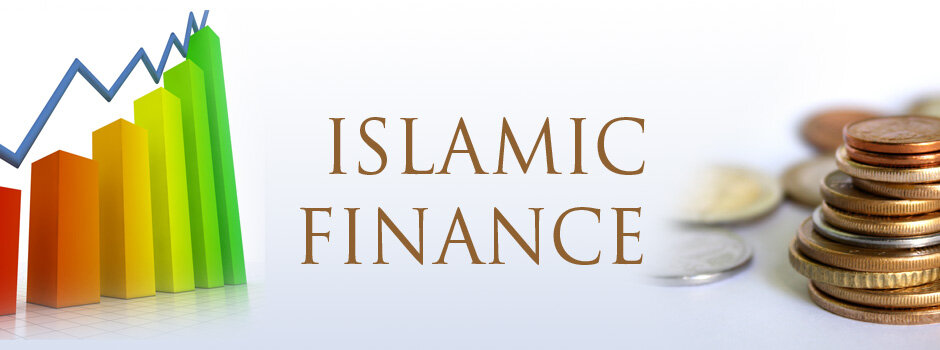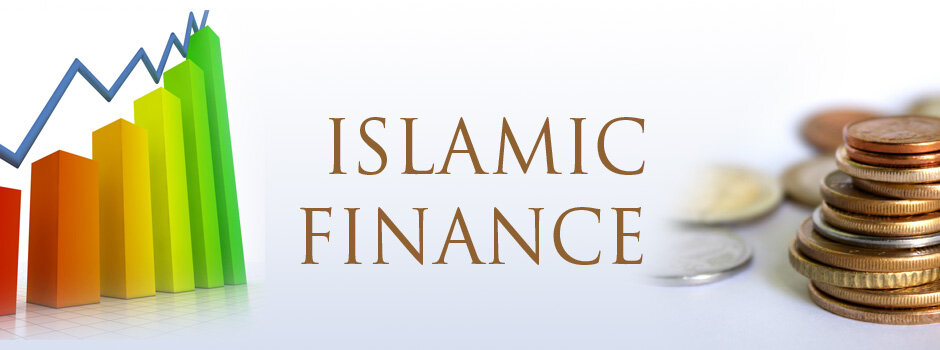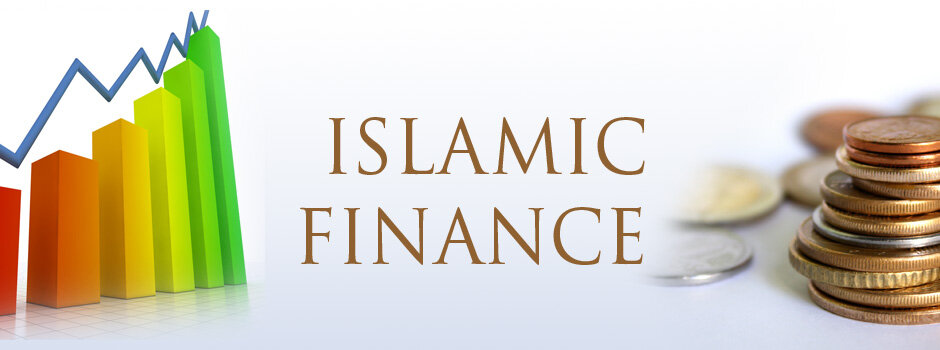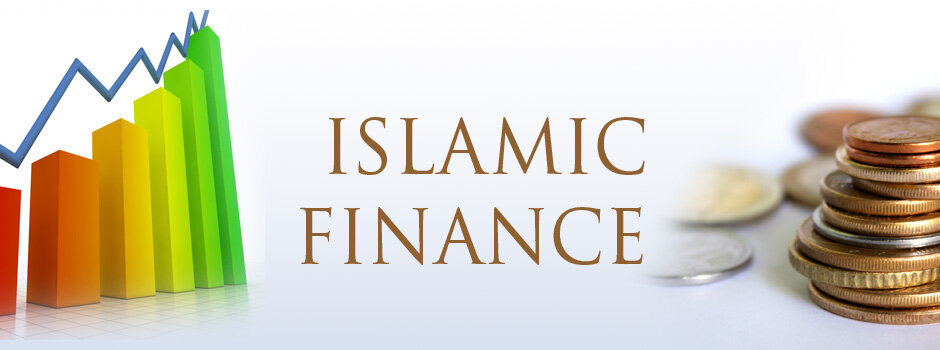Property investing can be highly profitable, with capital appreciating faster than inflation in many countries. However, the substantial upfront investment, risk factors, and lack of liquidity make direct property ownership out of reach for most retail investors. This is where Real Estate Investment Trusts (REITs) come in. The concept of REITs originated in the United States in 1960. The goal was to democratize real estate ownership by establishing a tax-favored investment vehicle allowing retail investors to participate. The fundamental concept behind REITs, similar to stocks, is to provide divisibility of ownership. Just as stocks enable multiple investors to jointly own a company, REITs facilitate the shared ownership of large properties or portfolios (a collection of properties). For the original owners of such properties, establishing and listing a REIT allows them to unlock a significant portion of their investment value.
A real estate investment trust (REIT) is a listed entity that primarily invests in real estate or property-related assets. Its shares are listed and traded like any other listed stocks, with their value reflecting the REIT's net asset value. In some ways, a REIT resembles an ETF, except for its exclusive focus on property and real estate investments. Some REITs specialize in specific property types, such as shopping malls, hotels, office buildings, or even residential units like condominiums. REITs benefit from preferential tax treatment compared to other businesses, often with lower tax rates, especially if they distribute most of their earnings as dividends. This structure is common in many countries, attracting a significant number of investors. For example, REITs in many countries might be taxed at a rate of only 10%, compared to the much higher corporate tax rate.
An Islamic REIT, simply put, is a real estate investment trust that adheres to Sharia principles. An Islamic REIT has its own Sharia advisory committee to ensure its activities comply with Sharia requirements. These activities primarily focus on three areas:
- Investing in and managing the properties
- Ensuring the assets are appropriately insured
- Investing and managing the rental and other income received
From an operational viewpoint, an Islamic REIT functions similarly to conventional ones. When investing in new properties, the Islamic REIT must ensure that the activities of current tenants comply with Sharia. They also conduct Sharia screening to guarantee that any non-Sharia-compliant activities by tenants fall within the allowable threshold for Sharia compliance. Throughout the year, a REIT receives income, and dividends are paid only once or twice a year.
Malaysia played a pioneering role in Islamic REITs, with four out of five listed globally in early 2014. REITs are popular investment vehicles in many countries. Their popularity stems from the many advantages of investing in REITs:
- One advantage of investing in REITs is a relatively steady passive income stream from dividends.
- Another advantage is preferential tax treatment of dividends paid out by REITs (smaller withholding tax).
- Additionally, REITs offer the ability to participate in real estate and property investment even with a small amount of funds.
- Diversification is another key advantage. By investing in REITs, you can invest in hundreds or even thousands of different properties across the country, which means that poor performance among one or two properties won’t affect the portfolio that much.
- No expertise is needed. When you invest in a REIT, you don't have to be an expert in several different real estate markets. Instead, you can rely on the expertise of the individuals in the company you invest in. They are real estate professionals who spend their days analyzing markets.
- Predictable cash flow is another benefit. By law, a REIT must distribute at least 90% of its taxable income to the shareholders every year in the form of dividends. Most REITs pay quarterly or monthly dividends, which means you can regularly count on fairly predictable cash flow when you own REITs.










